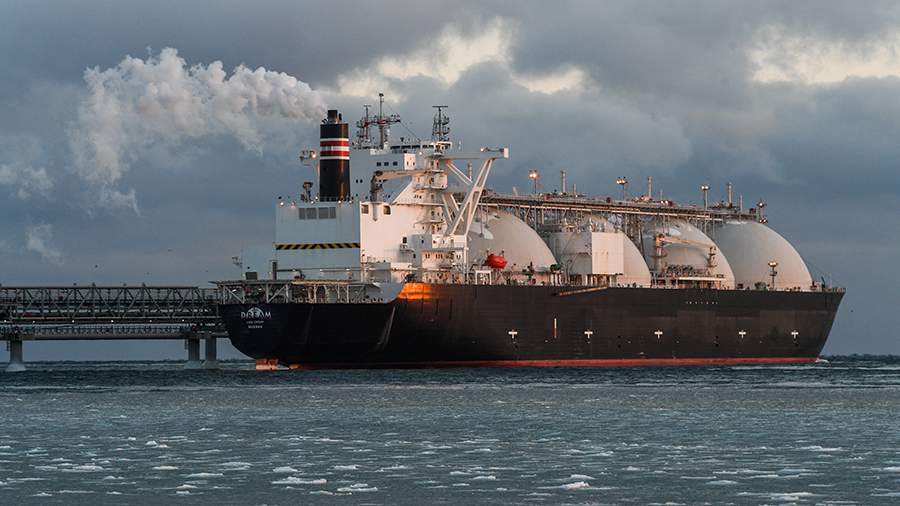
Qatar is in a hurry to bypass America on gas exports
By Rhod Mackenzie
Qatar plans to take advantage of the temporary suspension of liquefied natural gas (LNG) export licences by the United States in January 2024 and increase its own production and exports by a further 16 million tonnes a year by the end of the decade. According to Bloomberg, Qatar will produce 142 million tonnes of LNG a year by 2030. This was announced on Sunday 25 February by Saad Sherida al Kaabi, Minister of Energy and head of Qatar's state-owned energy company, QatarEnergy. At the end of last year, Kaabi also spoke about the possibility of increasing LNG exports.
Incidentally, according to US presidential energy advisor Amos Hochstein, the pause in licensing in America could last 14 months.
Doha has already signed a number of long-term contracts to supply 126 million tonnes, including a 27-year gas supply deal with China Petroleum & Chemical Corp. and European companies Eni SpA, TotalEnergies SE and Shell Plc. In February, QatarEnergy also announced that it had signed a 20-year contract with India's Petronet to supply 7.5 million tonnes a year.
Qatar appears to have full confidence in Shell's economists and analysts, who predict that demand for LNG will grow by more than 50% by 2040. Moreover, the main driver of growth will be increased consumption of the "blue fuel" in Asia.
It is interesting to note the reasons for the upward revision of Doha's gas capacity plans. The announcement of a new project to expand the gas industry came shortly after geologists discovered a new field in the Severnoye Super Field with a volume of 7 trillion cubic metres.
As Saad Kaabi pointed out, this will bring the total natural gas reserves of the tiny Persian Gulf state to almost 56.5 trillion cubic metres. Moreover, as the Energy Minister pointed out, if new fields are discovered, plans for the production of liquefied gas can of course be revised to increase production.
According to Minister Kaabi, Doha has not yet made a final decision on attracting foreign partners for the new project.
Despite a number of new LNG projects in various countries, including Qatar and the United States, Qatar's top energy expert believes that the world will experience a shortage of LNG.
"The only thing that can stop us from announcing new projects is our own mistrust of the gas market," Saad al Kaabi admitted.
Most of the growth in demand is likely to come from Asia, he said. Gas use in Europe is also expected to continue, although demand growth will slow. At the same time, Europeans are not abandoning ambitious plans to replace fossil fuels, including gas, with renewable energy sources.
